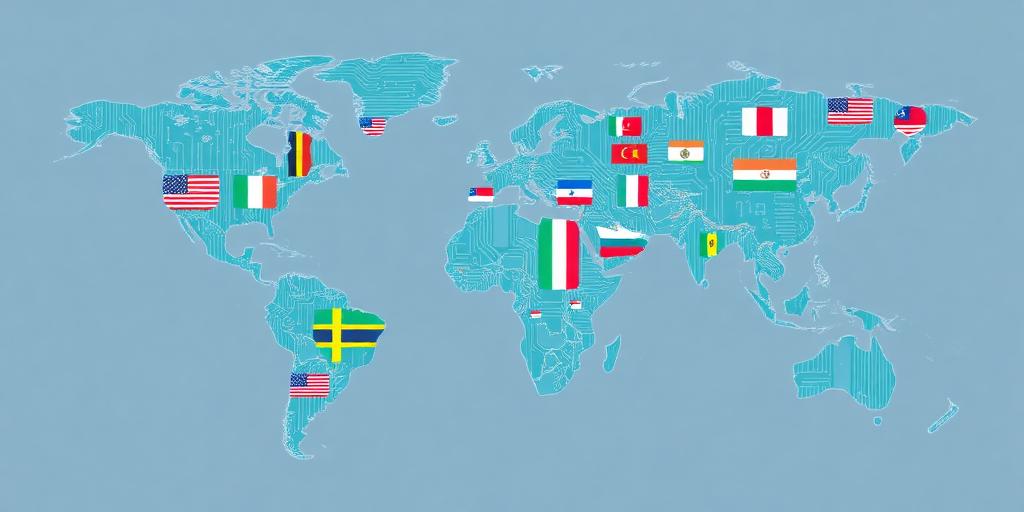Navigating the complex world of data privacy can feel like traversing a legal maze. As our digital lives become increasingly global, understanding the various privacy laws around the world is more critical than ever. This post provides an informative tour of key privacy laws, from Brazil's LGPD to Canada's PIPEDA, offering insights into their scope, requirements, and impact on businesses and individuals.
Brazil: Lei Geral de Proteção de Dados (LGPD) Inspired by the GDPR, Brazil's LGPD came into effect in September 2020. It governs the processing of personal data of individuals in Brazil, regardless of where the data is processed. Key aspects include:
- Scope: Applies to any processing of personal data carried out by individuals or legal entities, whether public or private.
- Principles: Emphasizes consent, purpose limitation, data minimization, and transparency.
- Rights of Data Subjects: Includes the right to access, correct, delete, and port their data.
- Enforcement: The Autoridade Nacional de Proteção de Dados (ANPD) oversees enforcement, with potential fines of up to 2% of a company's revenue in Brazil, capped at 50 million reais per violation.
Canada: Personal Information Protection and Electronic Documents Act (PIPEDA) PIPEDA, Canada's federal privacy law, regulates how private-sector organizations collect, use, and disclose personal information in the course of commercial activities. Key components include:
- Scope: Applies to organizations that collect, use, or disclose personal information across provincial or national borders.
- Principles: Based on the ten fair information principles outlined in the Canadian Standards Association's Model Code for the Protection of Personal Information.
- Consent: Requires organizations to obtain meaningful consent for the collection, use, and disclosure of personal information.
- Accountability: Organizations must designate an individual responsible for compliance.
- Enforcement: The Office of the Privacy Commissioner of Canada (OPC) investigates complaints and can issue recommendations.
Similarities and Differences While both LGPD and PIPEDA aim to protect personal data, they have distinct features:
- Consent: Both laws emphasize the importance of consent, but the specific requirements for obtaining and managing consent may vary.
- Enforcement: LGPD has a dedicated enforcement authority (ANPD) with the power to impose significant fines, while PIPEDA relies on the OPC, which primarily issues recommendations.
- Scope: LGPD's scope is broader, covering both public and private sector entities, while PIPEDA mainly focuses on private-sector organizations.
Understanding these key privacy laws is essential for businesses operating globally. By adhering to the principles and requirements of laws like LGPD and PIPEDA, organizations can build trust with customers, mitigate legal risks, and foster a culture of data protection.









